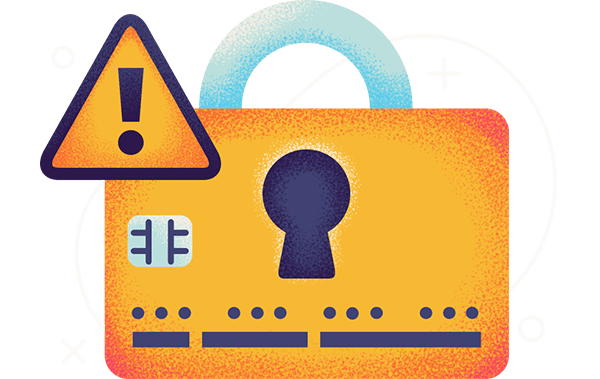The best secured credit cards can help you rebuild your credit score with very little cost, but success is not guaranteed. There are some mistakes that cardholders make with secured credit cards that end up hurting their credit score or costing them money. You can learn what they are and how to avoid these pitfalls below.
Rejecting a Card Due to the Security Deposit
Some people think secured cards are bad because they require a deposit, but that’s actually an advantage. The security deposit is fully refundable if you close the account with a $0 balance, and it allows for higher approval odds and lower fees. Secured cards usually have $0 annual fees. As a result, paying a refundable security deposit is better than paying non-refundable fees on an unsecured credit card for bad credit.
The minimum deposit on a secured card is usually around $200 to $300. It serves as collateral in case you default on your payments, and it typically sets your spending limit. But you can just think of it as a temporary investment in a better credit score.
Not Paying the Bill on Time Every Month
Making on-time payments each month is key to credit improvement – which is the main purpose of using a secured credit card. Late payments, on the other hand, will have a negative impact on your credit score. Plus, you may owe costly late fees.
The best way to make sure you always pay on time is to set up automatic payments through your online account. That way, you’ll only miss a payment if the bank account you’re paying from doesn’t have enough funds.
Carrying a Balance From Month to Month
You’ll need to make at least the required minimum payment each month to keep your account in good standing. However, your credit will improve fastest if you pay your balance in full every month.
Plus, if you carry a balance from month to month, there are two consequences. The first is that you will owe interest, which can quickly build up over time. The second is that you will lose your grace period, meaning that any new purchases on the card will start to accrue interest right away. You will usually have to pay your credit card balance in full for two months to regain your grace period.
Thinking People Will Be Able to Tell If You’re Using a Secured Credit Card
Secured credit cards function exactly like unsecured credit cards (ones that don’t require a deposit), and major secured credit cards report to the credit bureaus on a monthly basis. Your credit report will not show that your credit card is secured, and no one will be able to tell that your card is secured when you swipe or insert it in a card reader.
Failing to Track Your Credit Improvement
It’s important to be aware of how your credit score changes over time, so you can confirm whether you’re on the right track. One way to keep track of your credit every day is to join WalletHub for free, after which you’ll be able to see daily updates to your credit score and credit report. You’ll also receive free personalized advice on what you can do to further improve your credit standing, as well as credit card recommendations.



WalletHub experts are widely quoted. Contact our media team to schedule an interview.